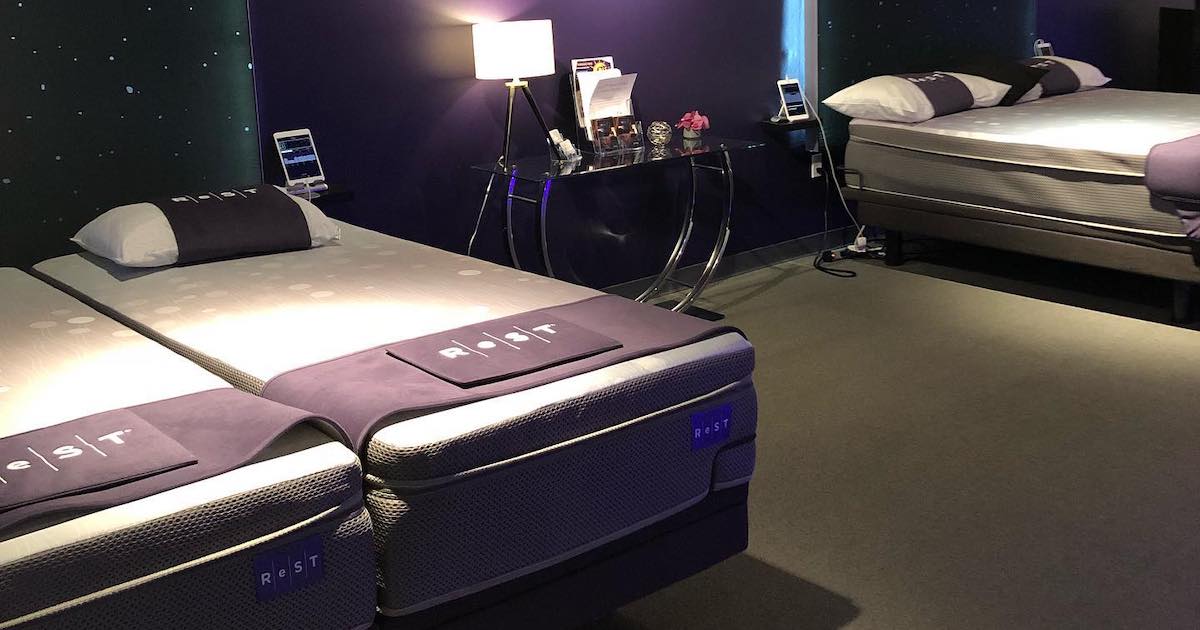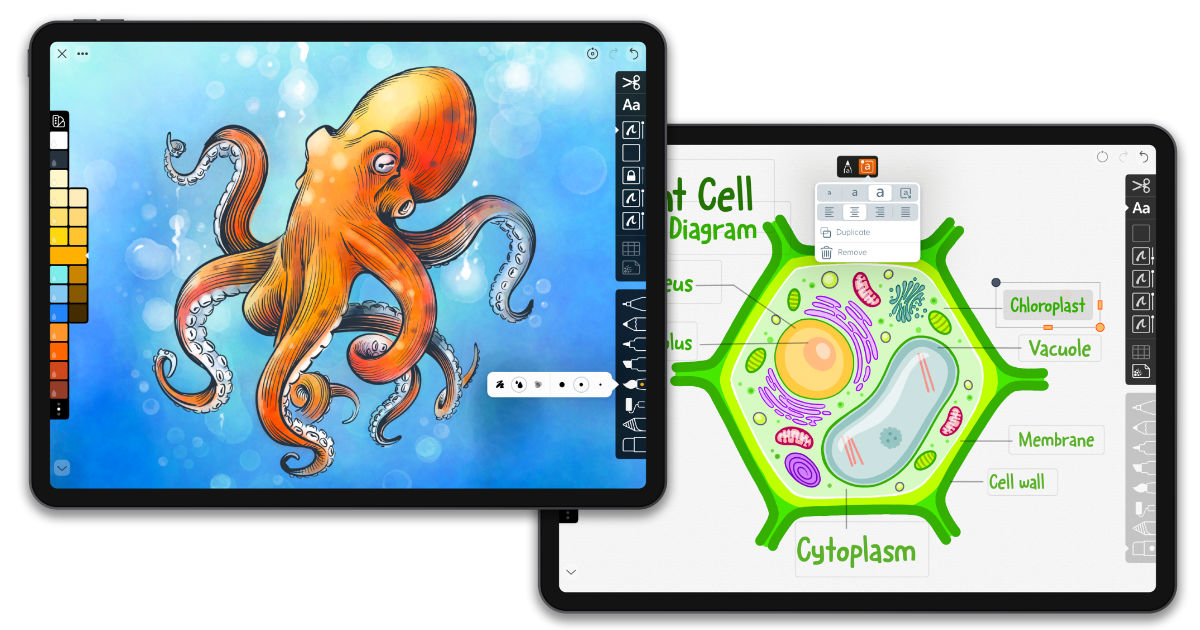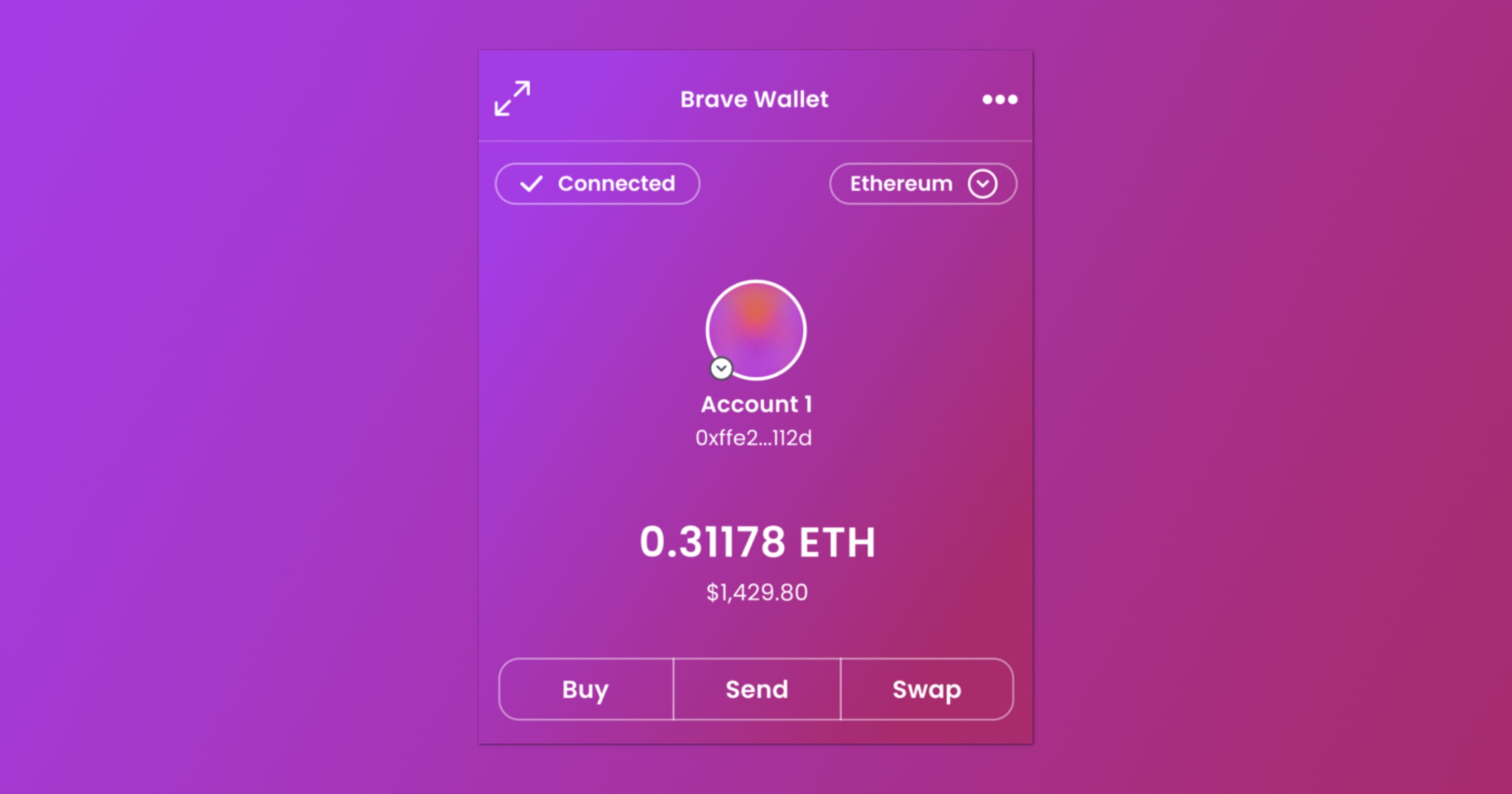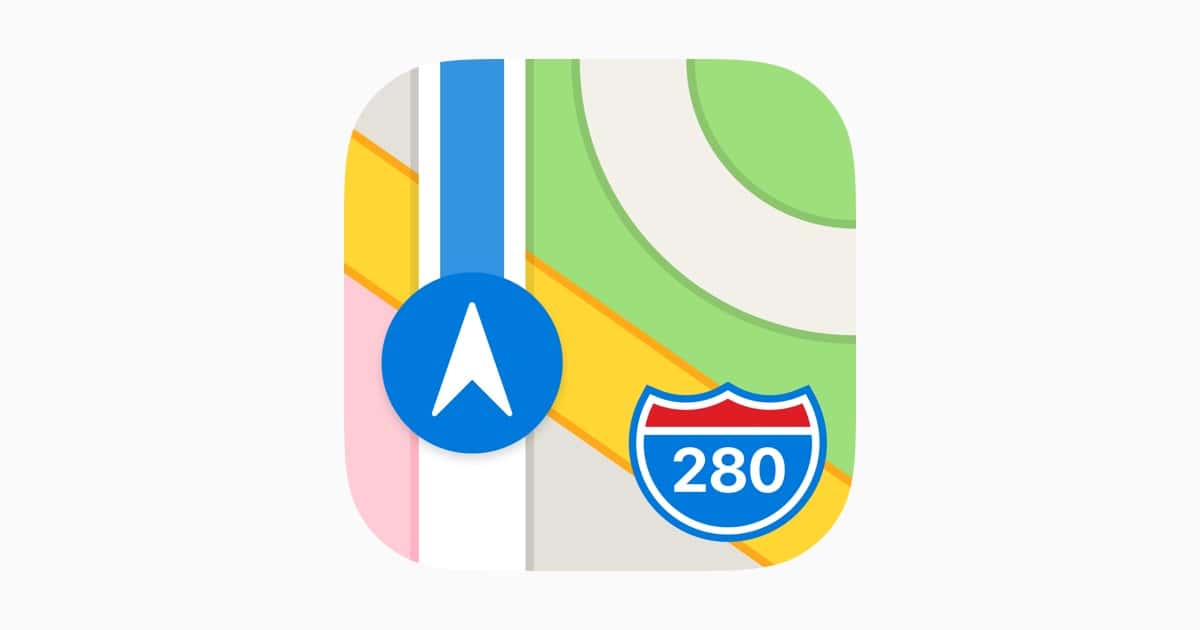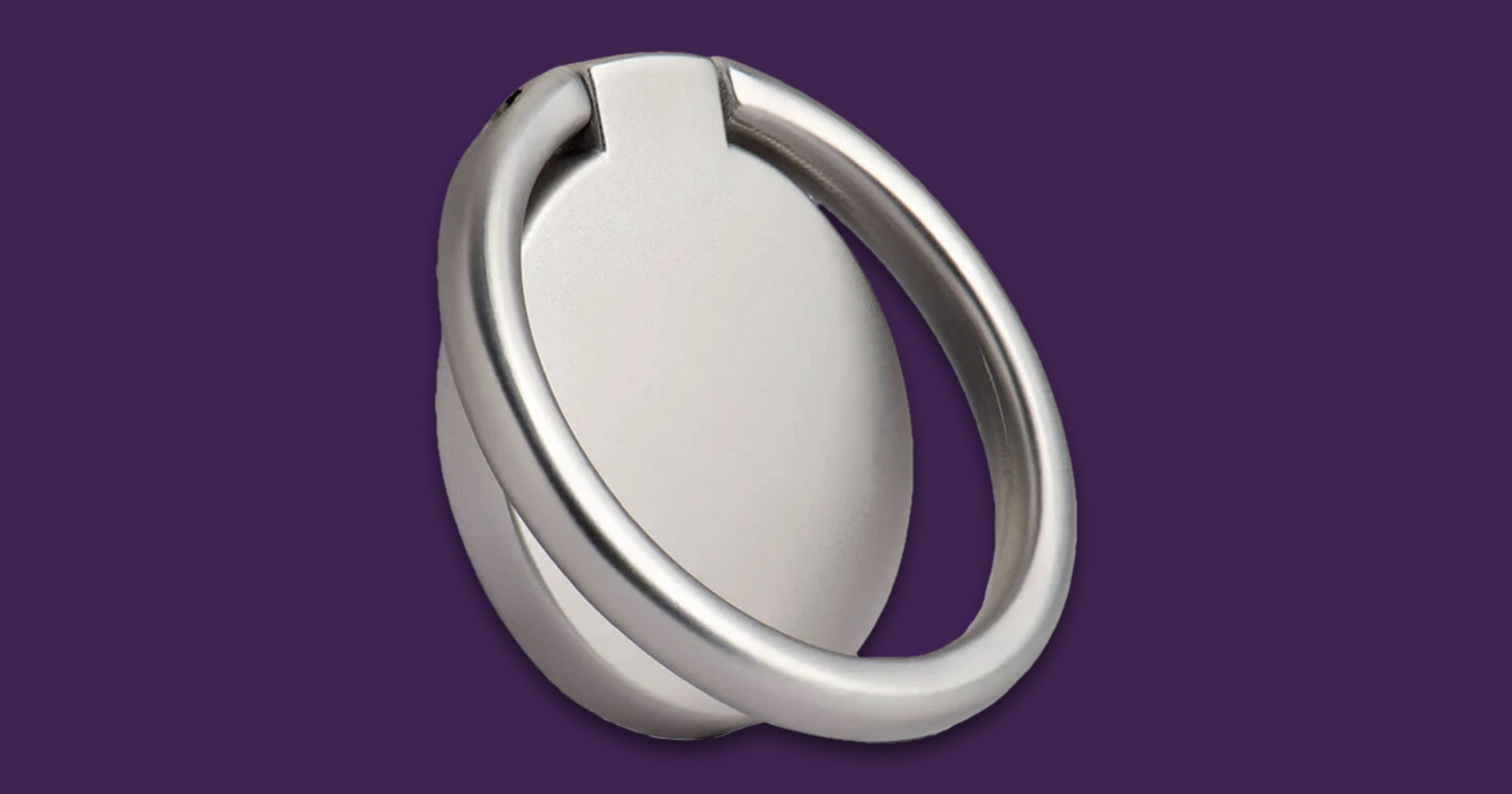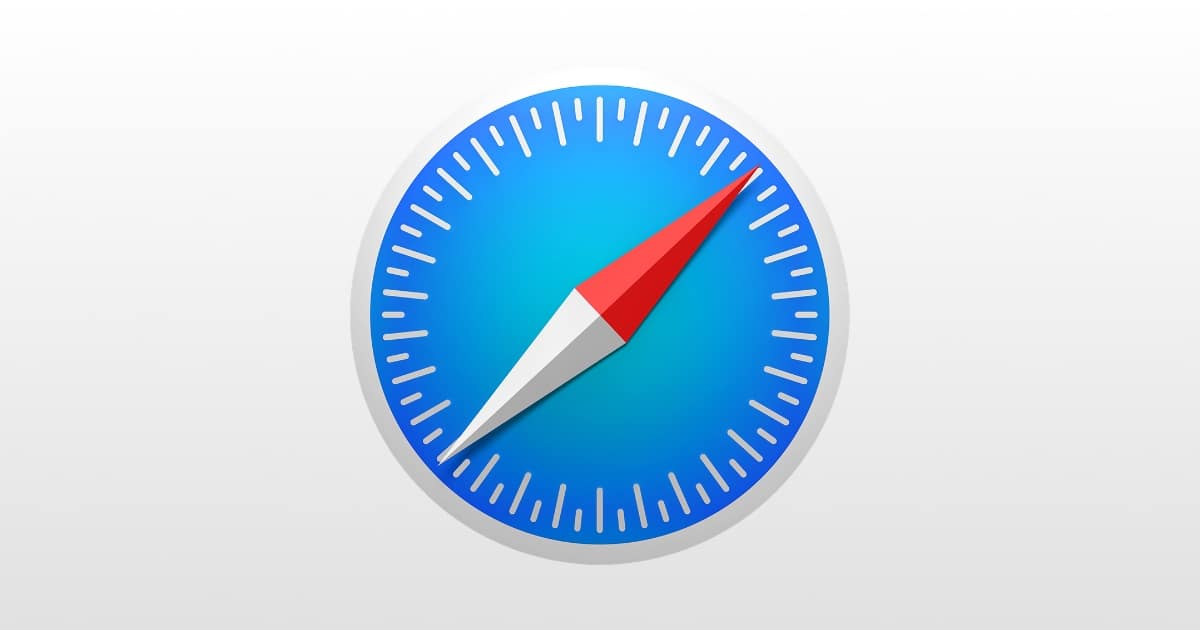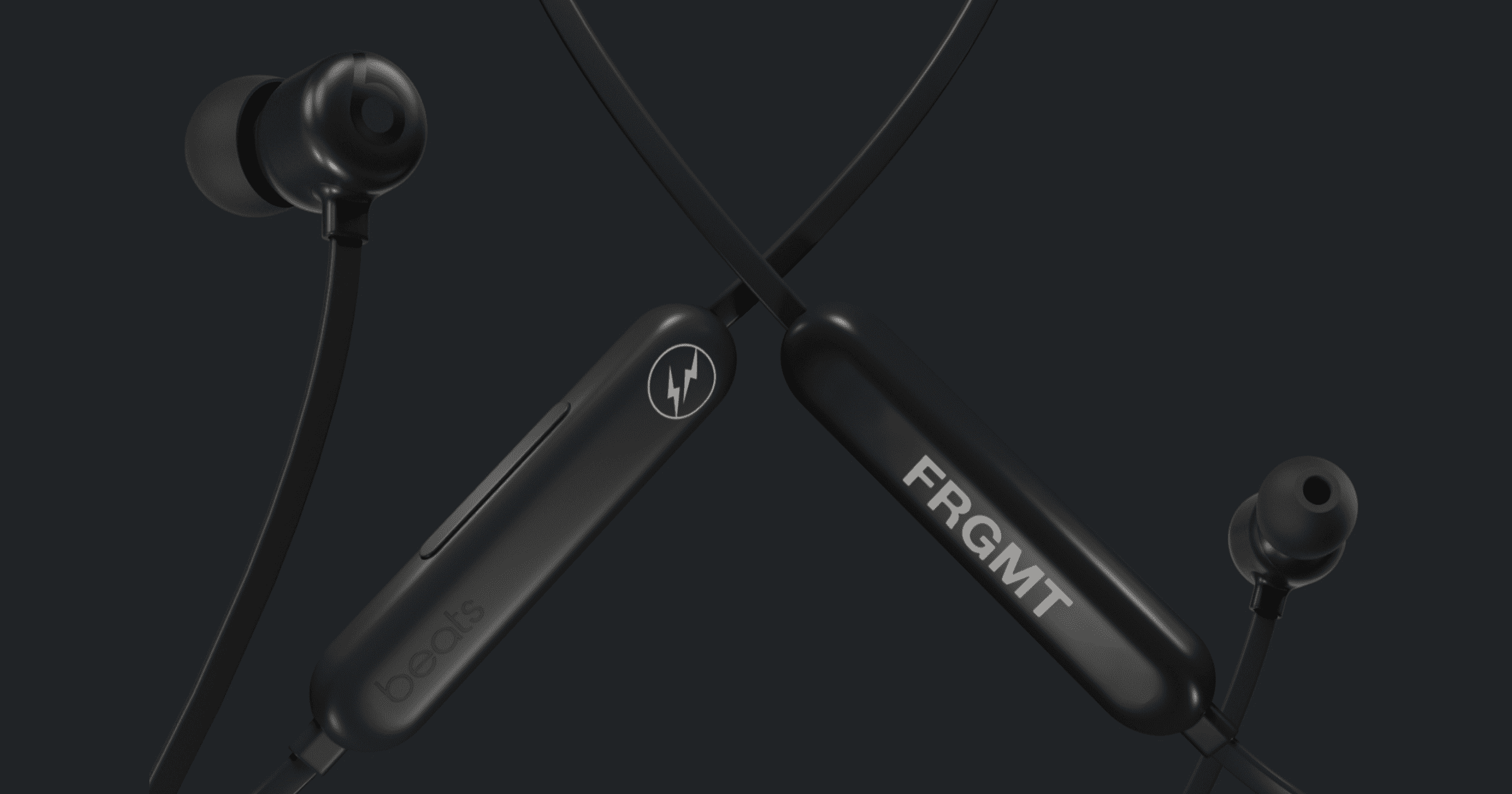LateNiteSoft is well known for apps such as Camera+, and on Thursday revealed its latest app called Macro by Camera+. The goal of Macro by Camera+ is to take the fuss out of taking amazing-looking close-up photos. The app intelligently chooses the best lens for your shot, and gives you just the right tools to make your subject shine. And there’s no hardware envy required: Macro is compatible with any iPhone that can run iOS 15. The controls in Macro by Camera+ are laser focused and powerfully aimed at getting the perfect up-close image in crystal clear focus. It includes manually controlled focus and EV so you can precisely control the focus and brightness of your photo.
Apptorium Starts Discounts Up to 40% off its Mac Productivity Apps
Apptorium, an indie team from Poland that makes productivity apps for the Mac, announced the start of its 2021 Black Friday sale.
Get 76 Percent off Free Shipping on Snapfish Cards With Apple Pay
Customers get 76 percent and free lowest-price shipping at Snapfish when paying with Apple Pay, in an offer lasting through November 22.
This Smartphone Case Uses NASA-Created Aerogel Insulation
Lined with aerogel, a substance pioneered by NASA, the case can protect your phone down to -40° F and up to 120° F.
FTC Rules That This Favored Tactic by News Media is Illegal
Some companies, such as news publications, use a “click to subscribe, call to cancel” tactic to discourage customers from cancelling their service. The FTC says this practice is illegal.
But it’s not just hedge fund-owned publishers that have adopted the subscription practices that have caught the government’s attention. Again, most U.S. news organizations don’t give readers an easy way to cancel online. When I checked — more than a week after the FTC announced it planned to crack down on companies who don’t make it easy to cancel — The New York Times still requires me to talk to someone to unsubscribe, either by starting a live chat or by picking up the phone.
A welcome move from the FTC. Currently, my tactic for this is using a disposable card and cancelling it.
PROfezzion MagSafe Car Mount
This MagSafe Car Mount is also a MagSafe Tripod for your iPhone.
Check it out in this mini-segment from Mac Geek Gab 899 and buy yours here.
Apple Makes Device Repair Easier With Self Service Repair Program
Apple has announced Self Service Repair, a program that will give individuals access to genuine Apple parts and tools for repair.
Apple Music App Rolling Out on LG TVs [Updated]
LG TVs are getting an Apple Music app providing access to 90 million songs. It can be found in the new app section where available.
Sleep Technology Meets the Smart Home with ReST
Sleep technology has really taken off, and we even have smart beds now. Let’s see how well the ReST Smart Bed performs for this techie.
Walkie Talkie and Wembley Fraggle – TMO Daily Observations 2021-11-16
Jeff Butts joins host Kelly Guimont to discuss a forgotten Apple Watch feature and look forward to new Apple TV content…down at Fraggle Rock.
Linea Sketch 4 for iPad Adds Watercolor Brushes, Annotations, More
Linea Sketch 4 for iPad and iPhone is out, and it sports new watercolor brushes, annotations, a rounded corner tool, and more. It’s a free update for version 3 users.
GitHub Fixes NPM Bugs That Leaked Private Package Names
GitHub has fixed several flaws with npm packages that leaked private names and let attackers publish new versions of a package they didn’t have rights to.
The data leak was identified by GitHub on October 26th and by the 29th, all records containing private package names were deleted from the npm’s replication database. Although, GitHub does warn that despite this, the replicate.npmjs.com service is consumed by third parties who may, therefore, continue to retain a copy or “may have replicated the data elsewhere.”
Apple’s Home Services Head Leaves, Destination Unknown
Apple’s head of Home Services, Sam Jadallah, has abruptly left the company. Apple has not yet announced his replacement.
Brave Browser Introduces Native Crypto Wallet Called 'Brave Wallet'
On Tuesday Brave introduced a native wallet within its browser that doesn’t require an extension called Brave Wallet.
Unlike most crypto wallets, the Brave Wallet does not require extensions; it’s browser-native, reducing security risks and reliance on extra CPU and memory. Users can transact with almost any crypto asset with superior safety and performance, as well as connect with other wallets and Web3 DApps. The Brave Wallet will soon be available on our mobile apps as well.
Apple Seeds iOS 15.2 Developer Beta 3 to Testers
Along with the latest beta for macOS Monterey, developers can receive the third beta for iOS | iPadOS 15.2.
Apple Releases macOS Monterey 12.1 Developer Beta 3
On Tuesday Apple released the third beta of macOS Monterey 12.1 for developers. It can be installed through System Preferences.
Apple Maps in Germany And Spain Lets Users Report Accidents and Hazards
The new feature in Apple Maps that lets users reports accidents and hazards is now available to users in both Germany and Spain, 9to5 Mac said. The feature is rolling out in various countries around the world and was already available in Australia, Brazil, Singapore, the United Kingdom, and the U.S. It’s nice to see the app developing like this, having lagged behind its rival from Google for a number of years.
Germany is the latest country to add support for reporting incidents using Apple Maps. This feature launched alongside iOS 14.5 and is slowly expanding globally. As spotted by Macerkopf, with this feature now live in Germany, users can report an accident and danger zones on a new menu of the app. Unfortunately, as spotted by a Reddit user, it’s not possible to use the speed check option, which is available in other countries.
Totallee Offers 50% Off Black Friday Sale for Smartphone Products
Totallee is offering a deal to celebrate Black Friday 2021. From November 18 to November 30, customers can 50% off all products.
Qualcomm Sets Out Apple Silicon Competitor
Qualcomm is preparing for battle with Cupertino and its M-series chips. It laid out its competition to Apple Silicon for Windows device, which will launch in 2023, The Verge reported. Perhaps most interesting of all is the fact that those working on this project used to work for Apple.
Dr. James Thompson, Qualcomm’s chief technology officer, announced the plans for the new chips at the company’s 2021 investor day event, with the goal of getting samples to hardware customers in about nine months ahead of product launches with the new chip in 2023. The new chip will be designed by the Nuvia team, which Qualcomm had bought earlier this year in a massive $1.4 billion acquisition. Nuvia, notably, was founded in 2019 by a trio of former Apple employees who had previously worked on the company’s A-series chips.
How The Script For 'CODA' Was Written in ASL
In a new interview with Gold Derby, Sian Heder discussed how she learned American Sign Language (ASL) and wrote CODA in it. I confess that it didn’t occur to me that such a movie would have to be scripted in this way, although it makes total sense when Ms. Heder explains it. The discussion gives another indication of the pioneering work by both cast and crew to make the film, which is available on Apple TV+.
It’s a “hugely different” process to write in ASL because it “has no written form.” Heder learned ASL in the process of making the film, but at first, “I wrote in English, and I wrote the way that I’ve written every script, where I’m talking out loud to myself and playing every part and really hearing the characters.” Then she and the film’s ASL consultants “went line by line through the script, every piece of dialogue, and we would go back and forth and discuss, and [ASL master Alexandria Wailes] would show me possible sign choices.” That process from the initial English-language script to the finished film was “really amazing,” Heder says. “People talk about that feeling as a writer where you watch your words come to life. And this was the most literal form of that.”
Apple Adds Private Click Measurement to In-App Advertising in iOS 15.2
Apple is bringing Private Click Measurement (PCM) to in-app direct response advertising in iOS 15.2 by way of the SFSafariViewController.
New fragment design Beats Flex Dropping November 18
fragment design and Beats have a new collaboration – a limited-edition, black-on-black Beats Flex which will become available on November 18.
Epic Game CEO Says 'Apple Must Be Stopped'
Epic Games CEO Tim Sweeney has said “Apple must be stopped” and called for a universal app store that works across all platforms.

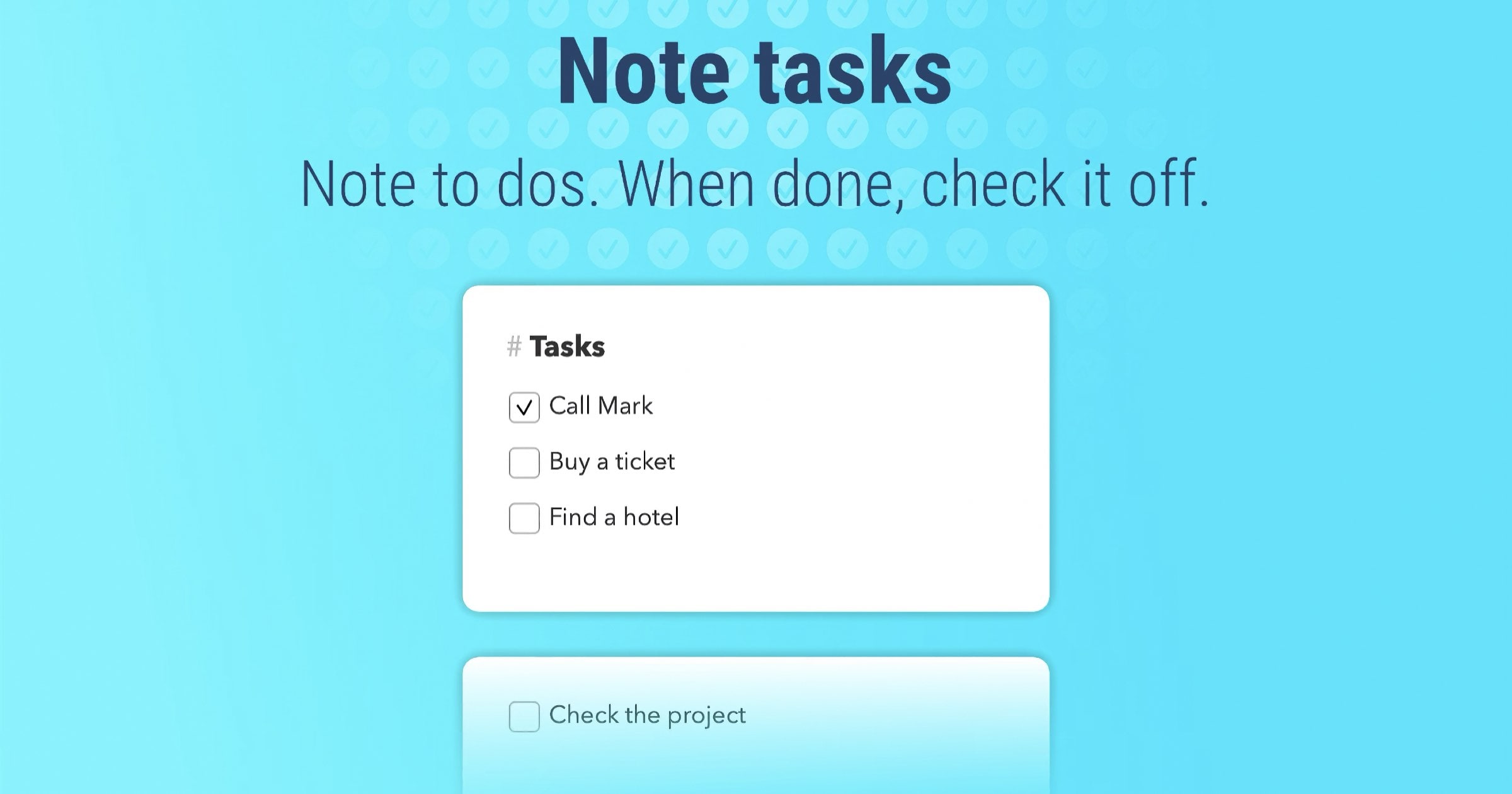
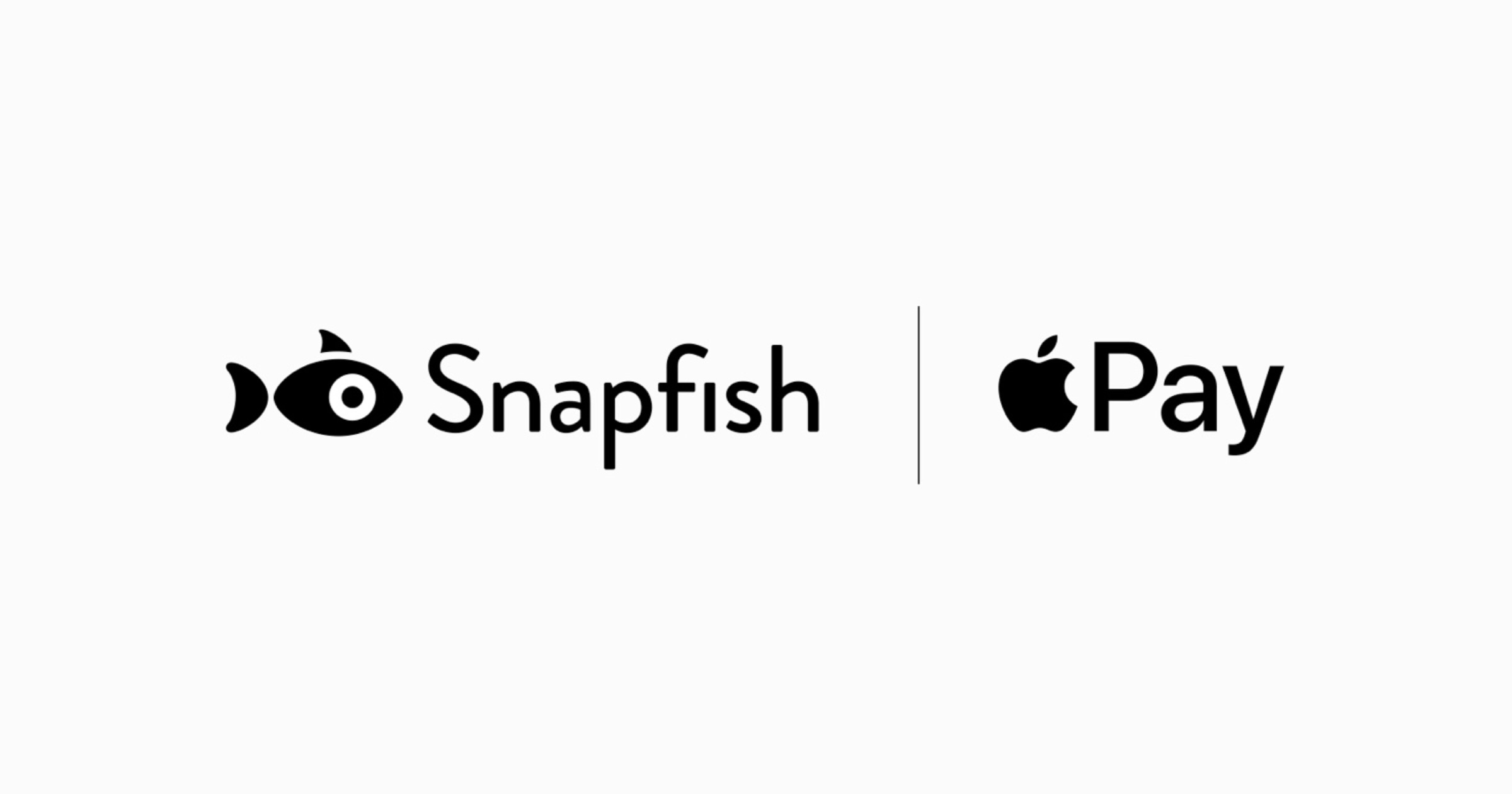
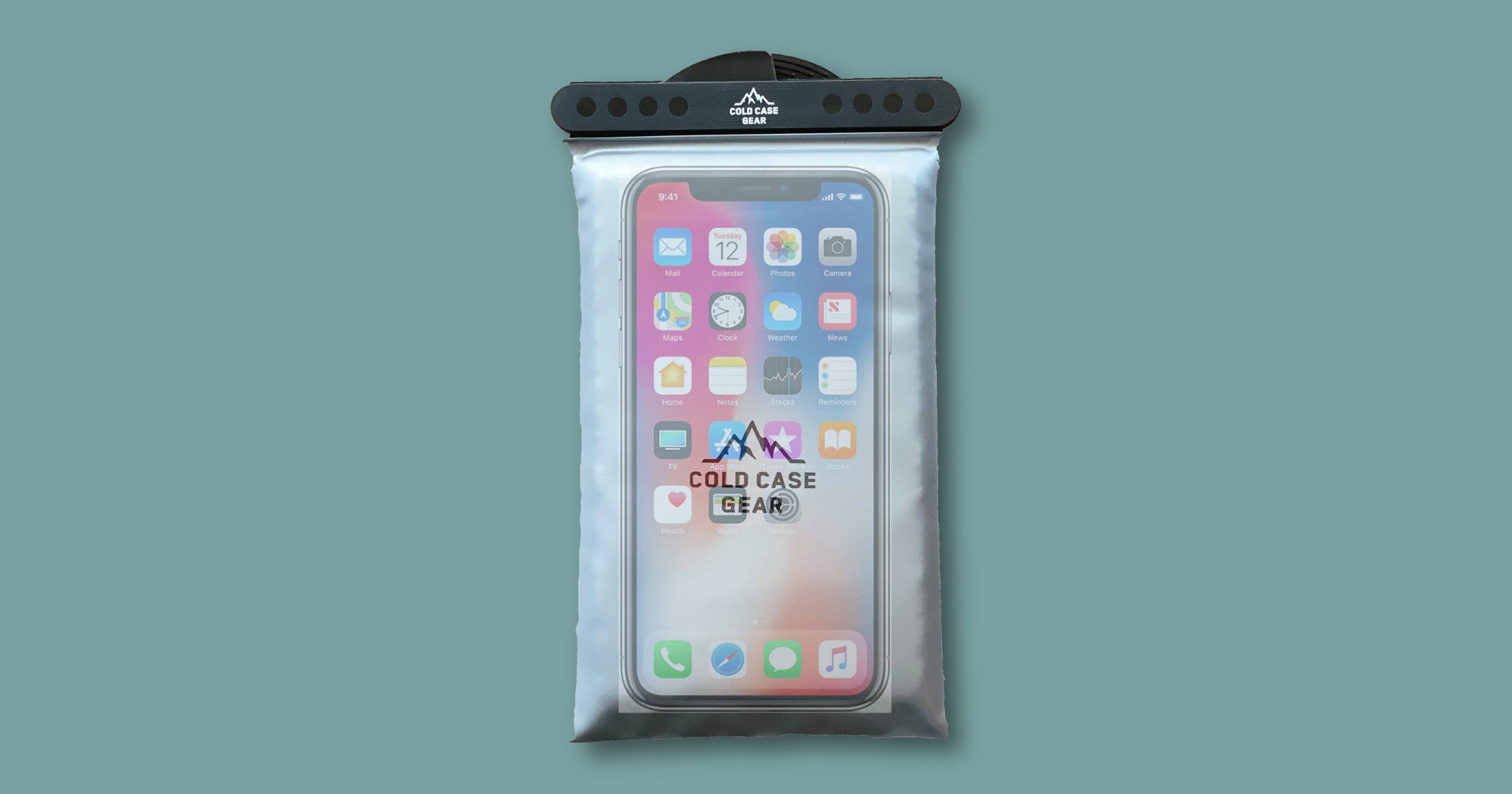

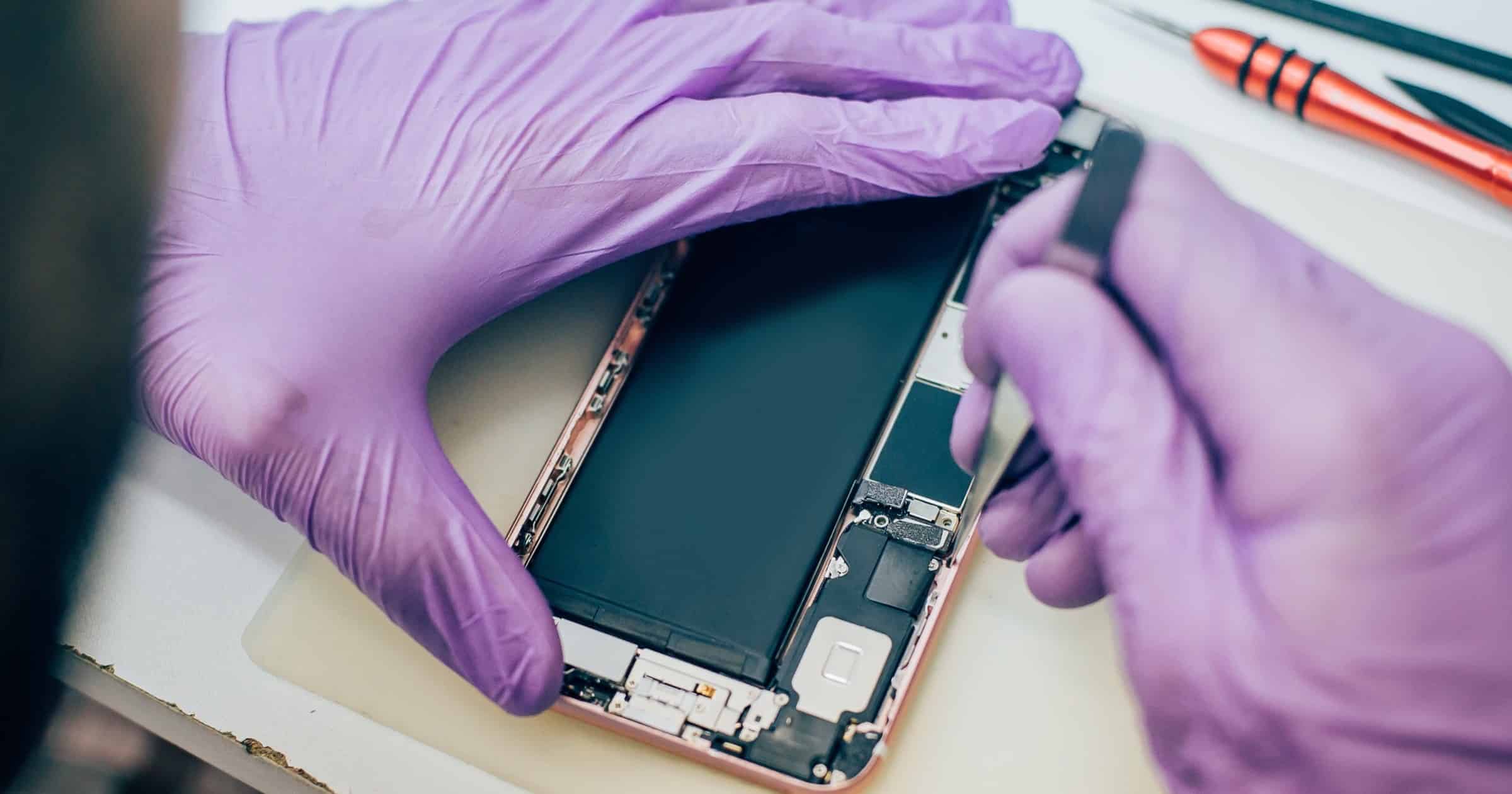
![Apple Music App Rolling Out on LG TVs [Updated]](https://www.macobserver.com/wp-content/uploads/2021/11/17FA41D4-54FF-4353-8781-69CE892438B5.jpeg)
